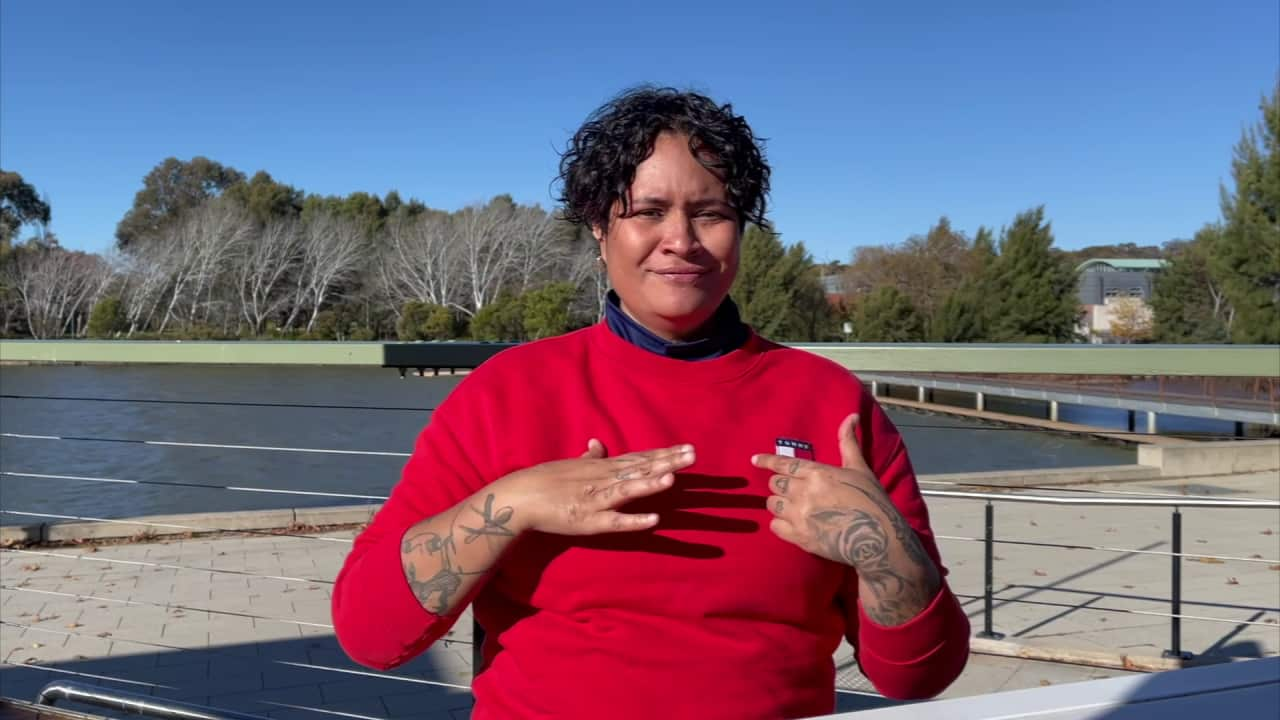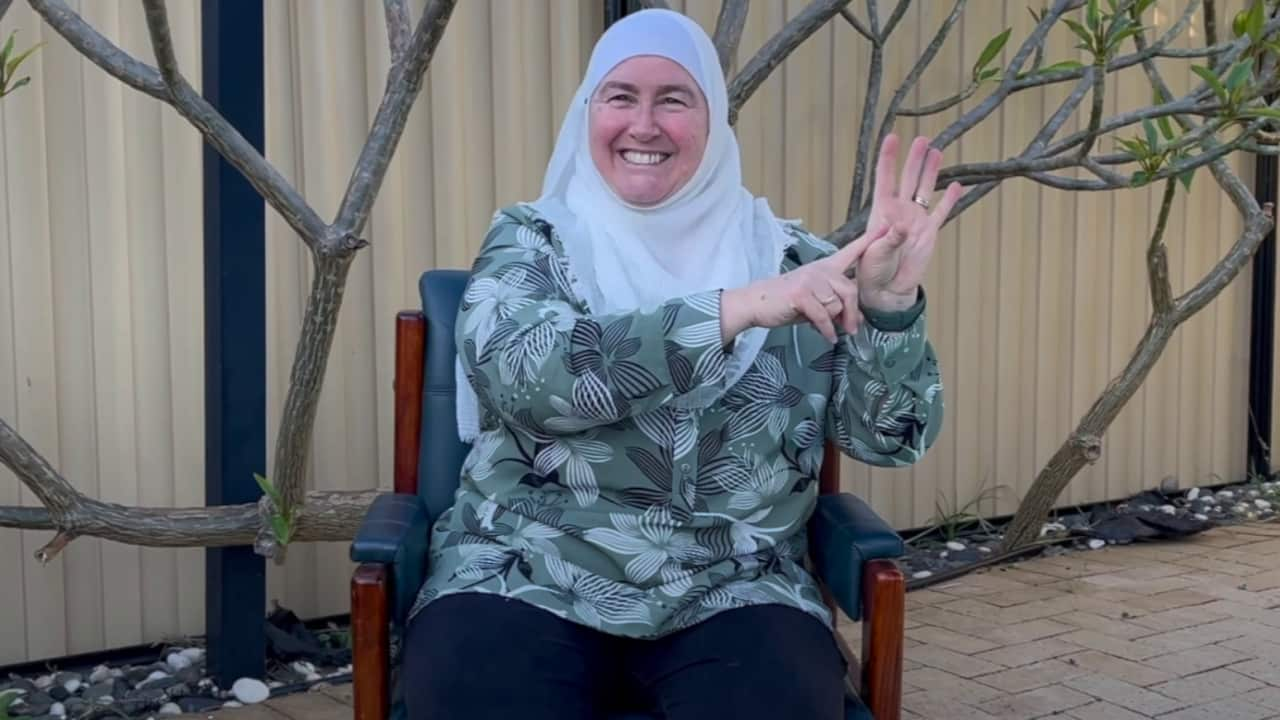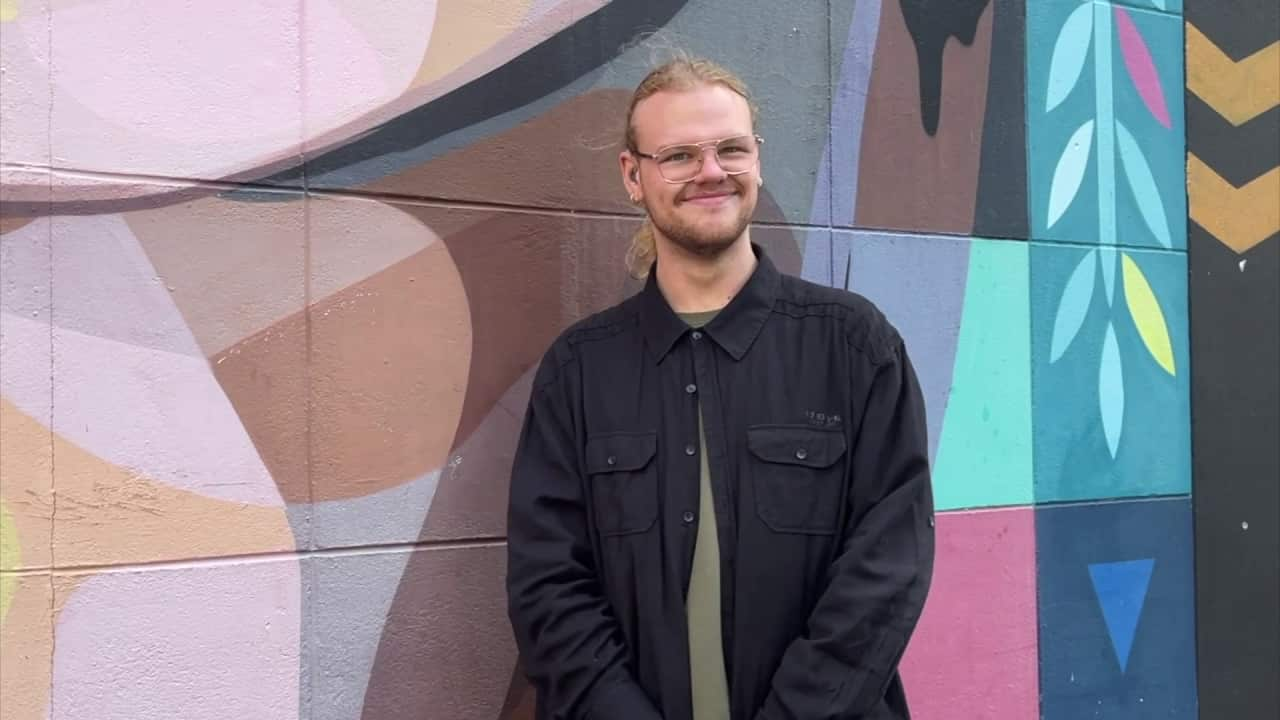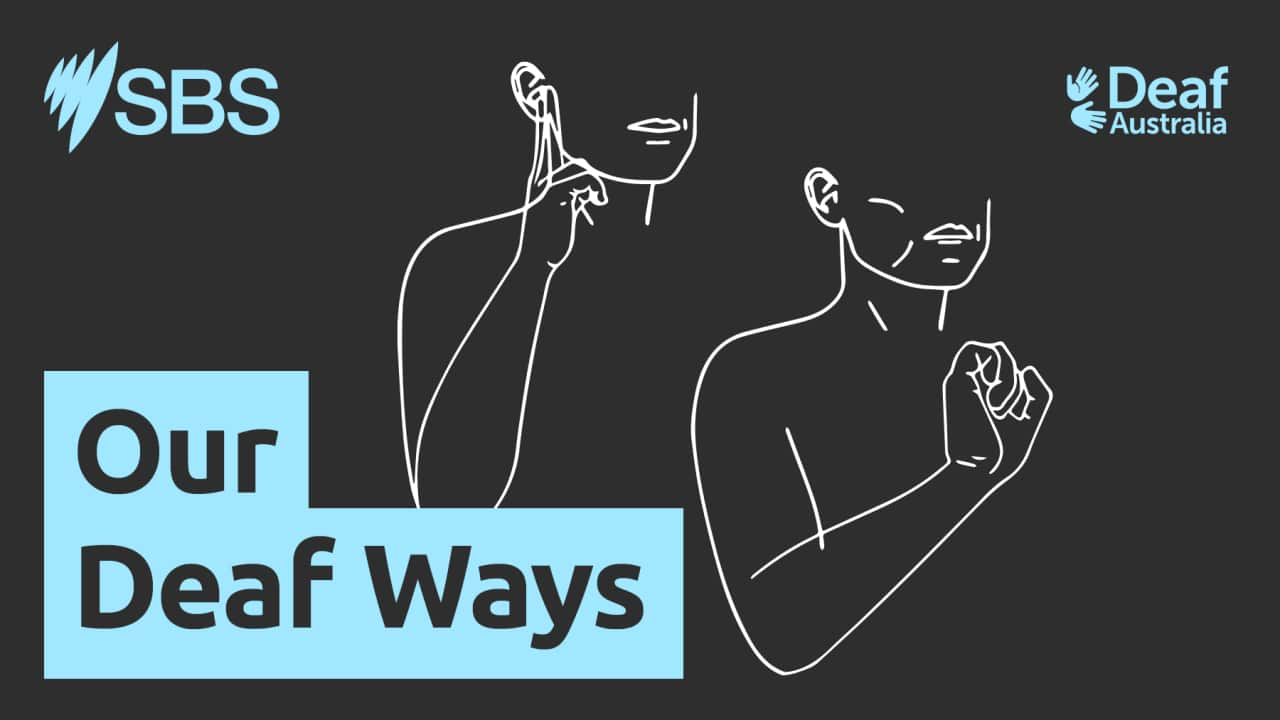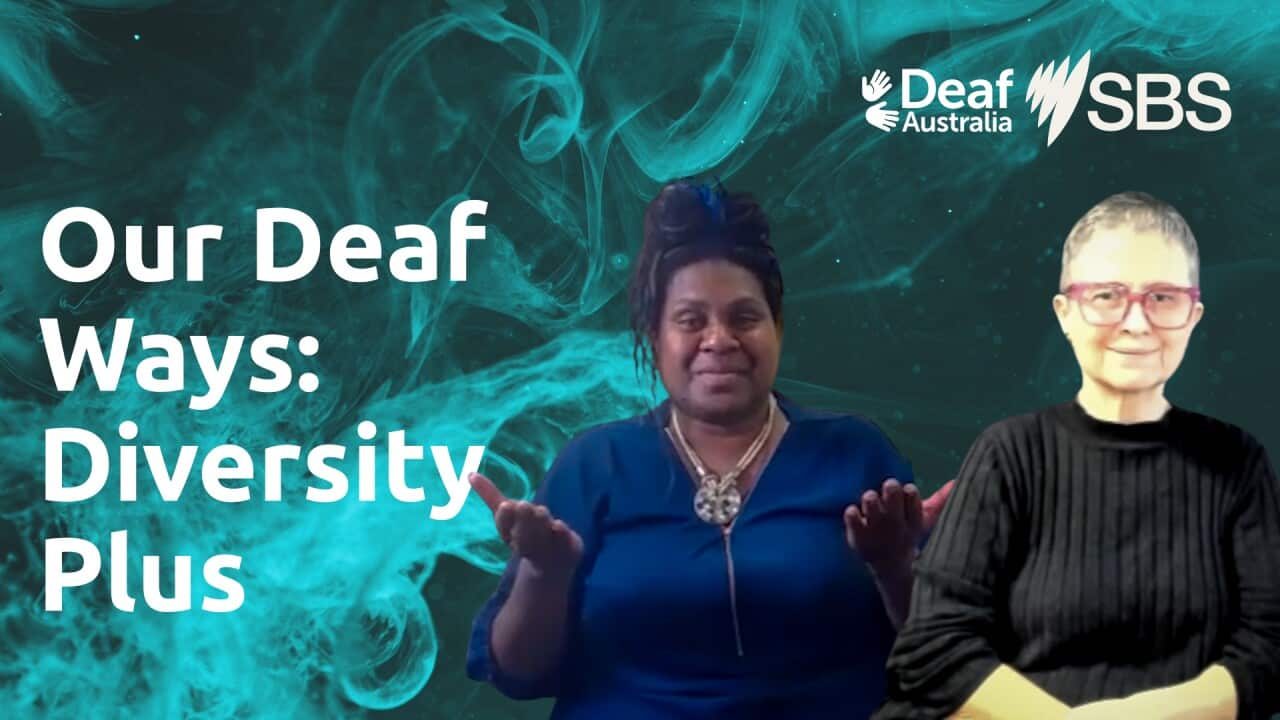Aisha was born hearing and became ill with meningitis when she was around three years old. Working as a Chef de Partie can be challenging as it requires extra effort to focus her eyes on cooking as well as communicating with other staff. She wears cochlear implants to assist her in the kitchen.
Every time I come home from work, I take off my cochlear implants and it is a relief. It feels so good. It's like taking off your bra, you know what I mean?Aisha
Learn more about Aisha in this episode of Humans of the Australian Deaf Community, on the SBS Australia channel or .
is the second series of Our Deaf Ways - a video podcast created by SBS and Deaf Australia for Deaf, DeafBlind and hard of hearing people who use Auslan, but we also invite hearing people to watch. The video portraits introduce you to the stories of Deaf people from different walks of life.
Series created by Paula Thornton, Deaf Australia.
Additional editing by Yifan Gan.
Deaf Australia and SBS acknowledge the Traditional Custodians of country throughout Australia and pay our respects to their Elders past and present. We extend that respect to Aboriginal and Torres Strait Islander peoples who are watching with us.
Deaf Australia and SBS celebrate Auslan and recognise all Deaf leaders in Australia who have advocated for Deaf, Deafblind and hard of hearing communities. Deaf Australia is proud of everyone’s contribution, whether big or small, in preserving our language, community and culture.
Transcript
Hi, my name is Aisha. I live on Ngunnawal land.
It is the Aboriginal name for Canberra. I love living here.
I'm almost 40 years of age, and my identities include being a lesbian, Maori from NZ/ Aotearoa, an athlete and a chef.
Last, but not least, I'm a woman and of course, I'm Deaf and Hard of Hearing. That sums me up.
This is Bentspoke brewery where I work.
I have worked here for seven years.
I don't work in the brewery area. I work in the restaurant area.
They complement each other though.
I am a Chef de Partie, which is a ranking position in the kitchen.
It is challenging for me to work with hearing people communication-wise.
I have to put in extra effort to use my eyes to focus on cooking and acknowledge the incoming orders.
I have cochlear implants that assist me in hearing my name or when someone approaches me with a list of orders to be cooked and ready to go.
I was born hearing and I became ill with meningitis when I was around three years old.
I communicate through sign language and I also speak.
I'm happy to have access to both languages.
Every time I come home from work, I take off my cochlear implants and it is a relief.
It feels so good. It's like taking off your bra, you know what I mean?
Just take them off and it's all peaceful! I can relax.
(General chat)
Hayley, Aisha’s partner: We met through a lesbian app called 'Her'.
Aisha: How do we regularly communicate with each other? Through signing or speaking?
Hayley: Ah, a bit of both.
Aisha: I haven't seen Rona for a long time.
I never forget that we've played many sports together for a long time.
We've played rugby. AFL, Deaf AFL,
Title – Rona Lazo, Aisha’s friend
Rona: Touch football.
Ah, yes, touch football, netball.
Rona: Beach volleyball.
Yes, Beach volleyball,
Rona: indoor volleyball. Fustal, So many.
I think we played so many sports because it really helped with our mental health.
Rona: Yes, It was also important to us to inspire Deaf youth to be involved in sports.
We showed them how to be leaders and encouraged them to have a positive relationship with sports.
Yes, for our next generation.
I'm a sports fanatic. I play sports here in Canberra.
There are not enough Deaf people involved in sports, so I joined local hearing sporting clubs.
At the moment, I'm with two clubs for rugby and AFL.
These medals are for local AFL here in Canberra,
I also identify as a gamer girl.
This is my escape from the real world.
I have 38 tattoos.
My favourite one is on my neck and chest area.
It is a morph art of a Maori woman and a lioness.
As a Maori woman, I identify with a protective nature of a lioness.
This one is a Maori woman chef with a moko kauae.
One day I'll get my own moko kauae on my chin!
You know, with the haka, culturally with the men, they have their tongue out doing the pukana.
When doing the haka, the women instead purse their lips and turn down the sides of their mouth like a frown with bulging eyes.
It's the same dance for both men and women, but the men show more emotion, anger, like a warrior.
It's spine tingling. That's the haka.
